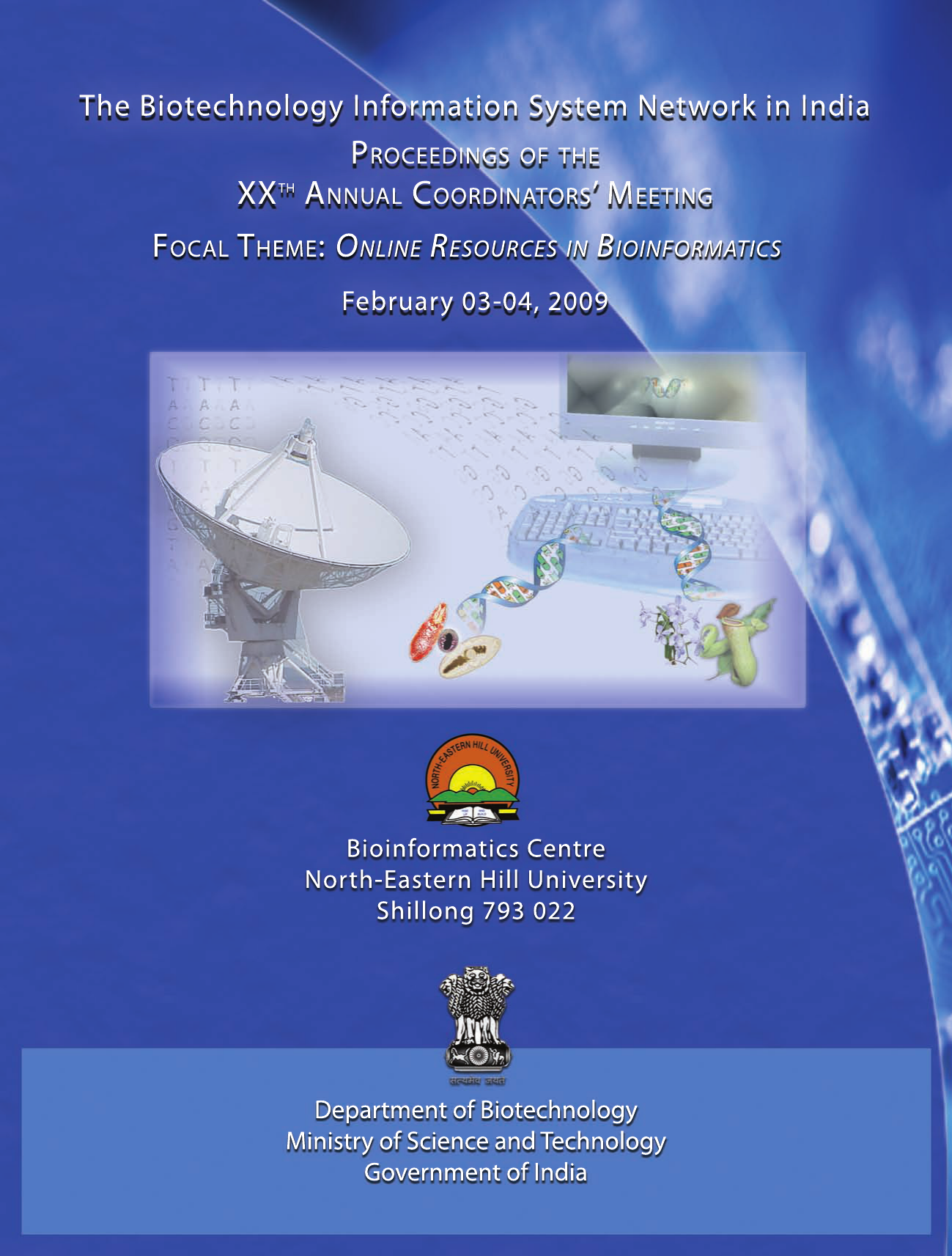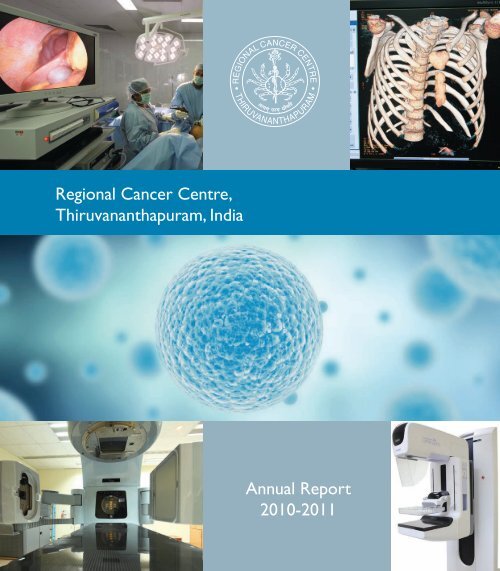
Other projects during his tenure include the Name Generator, which was part of his course on Creativity, Innovation and New Product Development (the objective being to generate random names that are pronounceable with respect to Indian phonetics) and Compiler Design, for which a high level programming language was conceived, with the goal of proper specification and interpretation of lexical rules and grammar rules.įor Chennai Kavigal, he created a Spell Checker for a Tamil Word Processor. The research paper on the project was officially selected at the Tamil Internet Conference in Kuala Lumpur, Malaysia. The goal of the project was construction of a text to speech engine for the Tamil language. While in CEG, as part of his final year project, Karky developed a program called the Tamil Voice Engine, under the supervision of Professor T.V. He began his undergraduate education in the field of Computer engineering in the year 1997.

During his time in high school, he gained an interest in computer science He got admission in College of Engineering, Guindy which is affiliated with the Anna University.

By his own admission, he was not a good student, excelling primarily only in Tamil and English. He grew up in Chennai and was educated at the Loyala Matriculation School in Kodambakkam. He has a younger brother, Kabilan, who is a novelist and also works as a lyricist and dialogue writer for Tamil films.

Karky is the eldest son of seven-times National Award winning lyricist Vairamuthu and Ponmani, a Tamil scholar and veteran professor at the Meenakshi College for Women. He also founded the Mellinam Education, which develops educational games and story books designed to propagate learning among children, and DooPaaDoo, an online music platform which promotes independent music and serves a distributor for film soundtracks. He resigned from his teaching profession in early 2013 and began working full-time in the film industry, while also launching the Karky Research Foundation (KaReFo), an educational research organization which primarily focuses on language computing and language literacy.
Cdac siva 2.0 malayalam font professional#
A holder of a doctorate in computer science from the University of Queensland, Karky began his professional career as an assistant professor at the College of Engineering, Guindy, and soon after ventured into the Tamil film industry, working as a lyricist and dialogue writer.
Cdac siva 2.0 malayalam font software#
View their price list here. If people who are not familiar with the English alphabet dont have sufficient Indic language content to consume, why will they sign up for Internet access? Pricing Indic languages products doesn’t really help Indic language content creation – on the Internet, everyone is a content creator, and CDAC should encourage citizens to create content in Indic languages. Private organizations like Quillpad and Google are doing a lot more with their free transliteration tools to help increase the quantity of Indic language content available in this country.īesides this, it is sad that an organization that CDAC itself has content on its website that is not browser independent, and renders only in Internet Explorer, and not Firefox ( screenshot) or Chrome ( screenshot).Madhan Karky Vairamuthu is an Indian lyricist, screenwriter, research associate, software engineer, and entrepreneur. While we’re not sure if the new fonts and tools announced yesterday are free to use, we did find it strange that the government has claimed that this will help bridge the digital divide, while on the other hand, made content creations tools developed using public funds by CDAC, paid. The product also features transliteration facility, and a transluscent floating keyboard to help typing in Hindi using an English language keyboard. In the past, they have released tools and fonts for Tamil, Hindi, Telugu, Assamese, Kannada, Malayalam, Marathi, Oriya, Punjabi, Urdu, Gujarati, Sanskrit, Bodo, Dogri, Maithali and Nepali.ĭetails of the tools have not been mentioned, though, earlier in July, C-DACs Graphics and Intelligence based Script Technology (GIST) Group had released the ISM V6 software, which it claims is UNICODE compliant and offers support for Open Type fonts, supporting 19 Indian languages, with a spellchecker for Hindi, Marathi, Gujarati, Tamil, Malayalam and Bengali. With this release, C-DAC will have launched tools for 22 Indian languages. India’s Centre for Development of Advance Computing (C-DAC) plans to release software tools for six Indic languages – Bangla, Konkani, Kashmiri, Manipuri, Santhali and Sindhi.


 0 kommentar(er)
0 kommentar(er)
